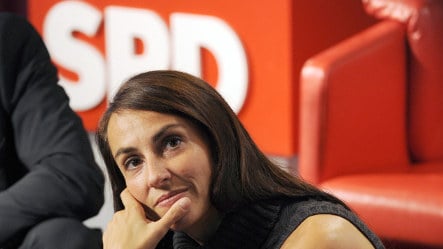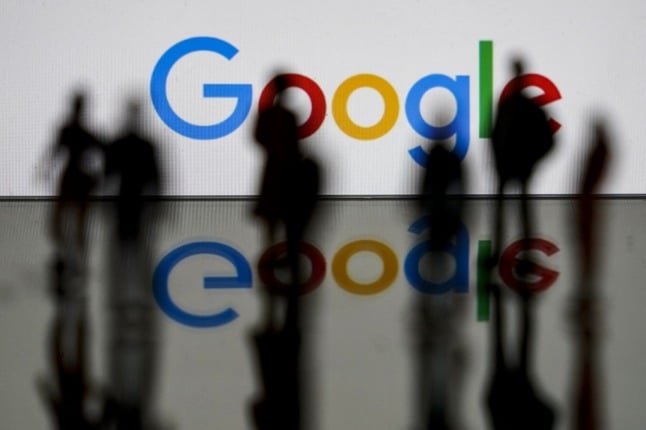Perhaps my English upbringing is to blame, but there is surely something sexy about television’s “Super Nanny” Katharina Saalfrank. The combination of discipline, willpower and black dresses; I must ask my friend Max Mosley about this.
So, of course, I initially thought it was a brilliant idea by Social Democrats (SPD) to put her on the election campaign trail to demonstrate to Germans that their children can do better. Tactically, it is an attempt to neutralise Germany’s Christian Democratic family minister and mother of seven Ursula von der Leyen. The Super Nanny versus Super Mum, as it were.
The problem is that there is no limit to this kind of election strategy. If the only way to attract the attention of voters is to engage TV stars then why not go the whole way and make talk show host Günther Jauch minister for education and sport, pop music mogul Dieter Bohlen chief of staff of the Chancellery, and Michael Schuhmacher at the head of the Transport Ministry. Heck, why not even make TV dog star Kommissar Rex interior minister? One woof would mean stricter citizenship tests; two woofs quicker deportation of illegal immigrants.
Germany’s political class is exhausted. Once upon a time it tried to re-invigorate itself by hiring members of the business executives. Remember how former Chancellor Gerhard Schröder made a businessman minister for innovation? The man was so terrified by his brief brush with government bureaucracy he resigned a few weeks later.
Nowadays politicians prefer not to be photographed with managers – both sides have been compromised by the global financial crisis. So naturally they turn to television for their public rejuvenation. Other professions have long ago realised that TV is shaping popular expectations. Every village in the country wants to know why their doctor doesn’t visit them at home – like the Landärztin, alias actress Christine Neubauer. And policemen are irritated by people who think that serious crimes can be solved in 45 minutes à la Germany’s legendary crime drama Tatort.
Of course, this confusion between the real world – which involves complex choices with limited time and money – and the virtual world of cinema and television is not just a German phenomenon.
David Cameron, the British conservative leader who will probably become prime minister in the next 10 months, already has plans to knock together some of the houses in London’s Downing Street. The aim: to create a kind of White House West Wing. Not a simulacrum of the real White House but rather a copy of the television series West Wing in which highly intelligent advisers can be seen walking and talking fast down long corridors in an attempt to save the world.
Life imitates art but politicians, in particular, should be careful not to look ridiculous. But unfortunately it now seems Germany is following Britain and the United States in taking the virtual world of television too seriously.
I like Katharina Saalfrank, and especially approve of the way that she sends disobedient children on to the “Quiet Stair” for a timeout – the perfect place, surely, for The Left’s populist leader Oskar Lafontaine. But the SPD should not use her in the upcoming election campaign.
German politicians should not need to borrow credibility; they simply have to find a language that enthrals their audience and construct policies that are more exciting than soap operas like the lame series Gute Zeiten, Schlechte Zeiten. This should not be so difficult.
It is true that the US Americans elected actors to be president and governor of California. But the best that Germany has come up with so far is the embarrassing Peter Sodann, who played a TV cop and ran a hopeless campaign as The Left’s candidate for the country’s ceremonial presidency.
But I think that demonstrates my point: German TV personalities should concentrate on winning performances, or at least good ratings; the country’s politicians should start winning back our trust.



 Please whitelist us to continue reading.
Please whitelist us to continue reading.
Member comments